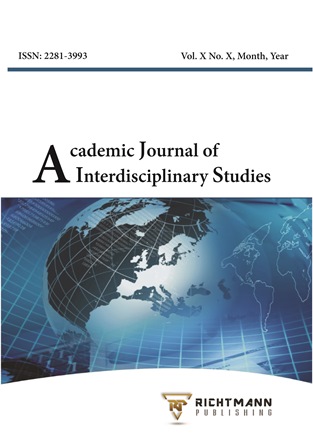Board Composition and Cash Hoarding: Evidence from Jordanian Small- and Medium-Sized Enterprises
DOI:
https://doi.org/10.36941/ajis-2024-0019Keywords:
cash holdings, corporate governance, small- and medium-sized enterprises, SMEs, Amman Stock ExchangeAbstract
This study examines the influence of board composition on cash hoarding in Jordan. Based on a sample of 24 small and medium-sized enterprises (SMEs) between 2010 and 2020, the results show that board size has a positive impact on cash hoarding, whereas board independence has a significant negative influence on cash hoarding. Importantly, we note that cash hoarding is not affected by either chief executive officer (CEO) duality or female directors, contradicting the idea that women are risk-averse when making financing decisions. Regarding the other explanatory variables, the results reveal that firm size and operational risk have a significant and negative effect on cash hoarding, whereas growth opportunities have a positive and significant impact on cash hoarding. Finally, cash hoarding is not affected by cash flows. The results remain robust after addressing the endogeneity problem, and they enrich the literature with new evidence of the influence of female directors on cash hoarding in Jordan, where female board representation is low. Furthermore, the results provide evidence of the role of CEO duality on boards of directors, an issue that regulatory bodies in Jordan should consider when planning future governance reforms. Subjects: Quantitative finance, corporate finance, business, management, and accounting.
Received: 9 July 2023 / Accepted: 18 November 2023 / Published: 5 January 2024
Downloads
Downloads
Published
Issue
Section
License

This work is licensed under a Creative Commons Attribution-NonCommercial 4.0 International License.
This work is licensed under a Creative Commons Attribution-NonCommercial 4.0 International License.








